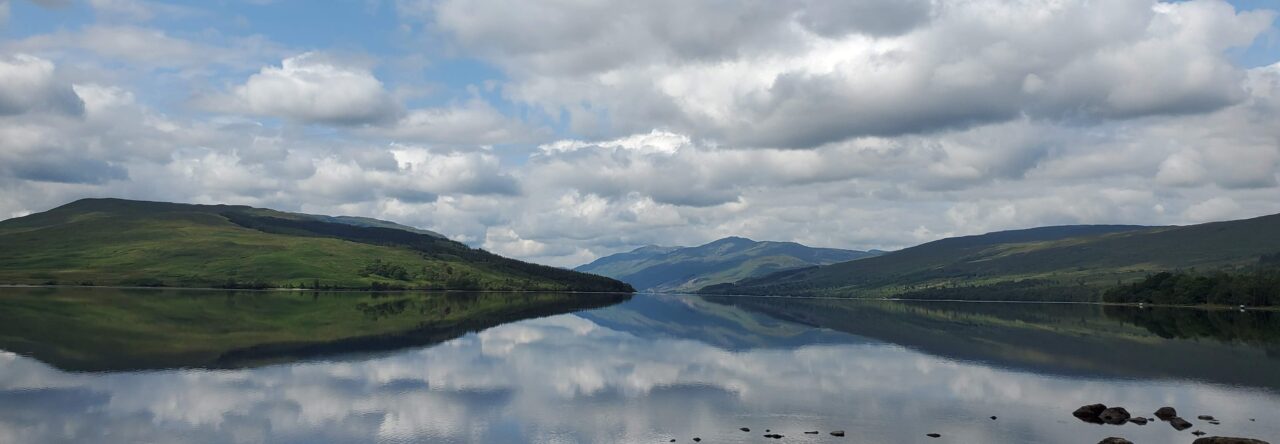After recently losing Ukraine’s fourth largest steelmaker, Zaporizhstal, to an unnamed group of Russian investors, Rinat Akhmetov, Ukraine’s wealthiest (with a fortune estimate by Forbes at $5.2 billion) is at it again.
Akhmetov’s Metinvest, Ukraine’s largest vertically integrated steel group, is negotiating a merger with Mariupol Ilyich Steelworks, the country’s largest flat rolled steel producer.
According to a note from financial services firm, Millenium Capital, the merger is a win-win for both parties and will help Akhmetov as he tries to take Metinvest public. “[Mariupol] will get access not only to the raw materials but also to the Group financial resources for modernization implementation and will improve the corporate governance too. On the other hand, Metinvest will also benefit from the impending merger. Firstly, it will joint the top 20 biggest steel producers in the world, with a crude steel production capacity of more than 17m tonnes/year, which will have a positive effect on the prospects of its long discussed IPO. Secondly, the assortment of the Holding production will increase and, thirdly, the capacity utilization will increase.”
Akhmetov’s holding company confirms the negotiations, stating, “Both the parties are considering possible scenarios of co-operation and of combining resources in order to strengthen the position of Ukrainian steelmakers on international markets.”
The obstacle: who owns the mill? On May 26, two men claiming to represent offshore companies registered in Cyprus, Boris Podolsky and Ilya Gorn, announced the sale of Mariupol to an unknown investor. Meanwhile, Volodymyr Boyko, Mariupol’s chief executive officer and manager of its shares, has stated to Ukrainian press that he “took part in no oral or written agreement to transfer their ownership.”
Russian giants like Severstal (owned by Russian billionaire Alexei Mordashov) are said to be in the mix. Will the Russians again foil Akhmetov’s bid to create a Ukrainian steel giant?

